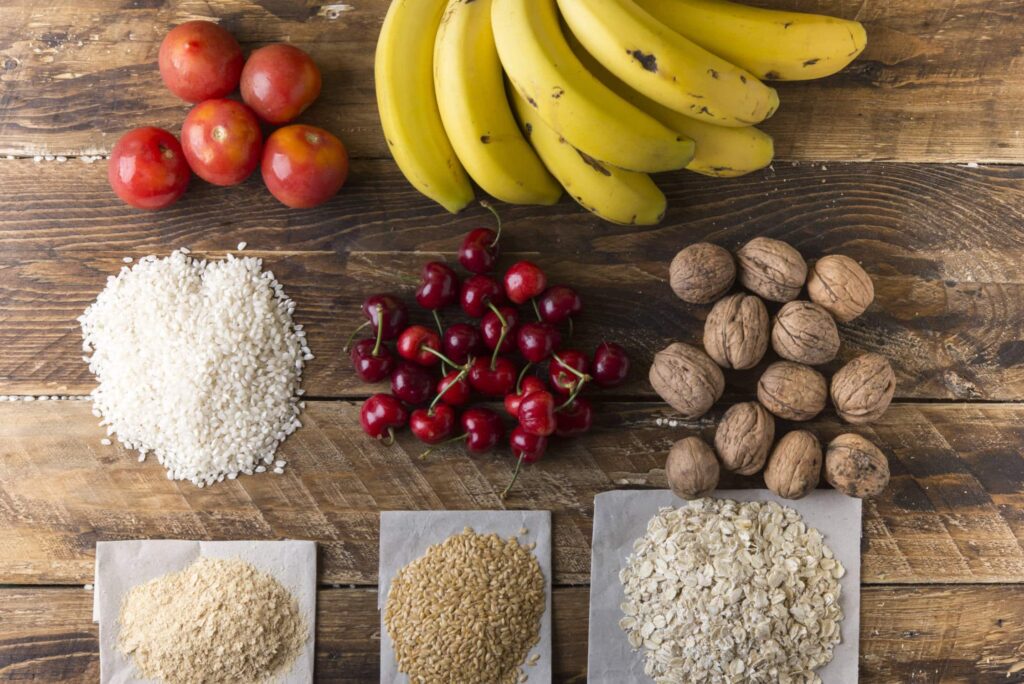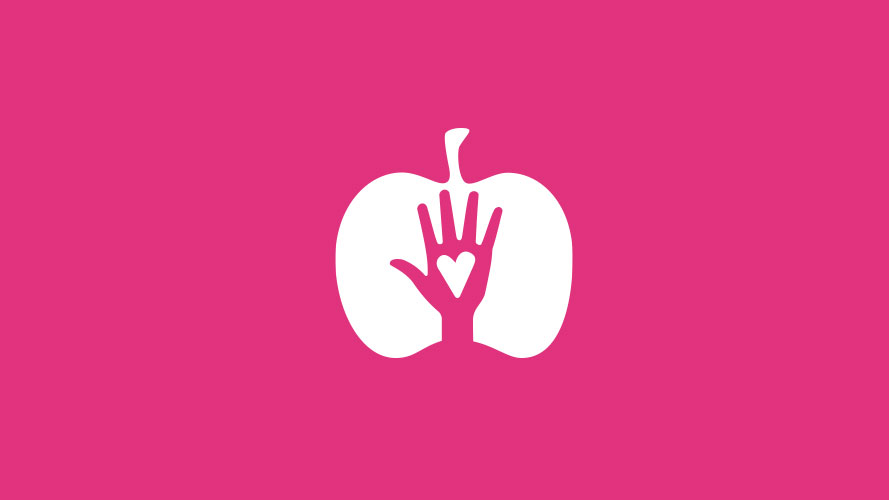Keeping your lungs healthy makes you feel more energetic, has been shown to improve mood, and is great for your entire body. Our lungs are amazing organs that are integral to our daily functioning—from the moment we’re born and take our first breaths, they never stop working.
The health of our lungs influences a lot about our lives. Every breath we breathe ultimately reaches every single cell of our bodies. While it’s clear they’re very important to us, we often take them for granted and don’t focus on keeping them healthy as we do with other parts of our bodies. Let’s explore six things you can do to keep your lungs healthy.
1. Keep active

Regular, moderate exercise is great for your lungs, heart, and mood. You should aim for at least 20 minutes per day—but more is even better! What you’re looking for is physical activity that causes you to breathe deeper. Deep breathing while engaged in cardio exercises like swimming, cycling, and dancing will strengthen the muscles around your lungs—and in the rest of your body!
“Regular, moderately intense activity is great for the lungs, and when you increase your daily activity you get three things done at once: healthy lungs, a healthier heart and a better mood,” respiratory therapist Gagan Singh told Rush.
2. Exercise your lungs

We don’t have to get our entire body moving to exercise our lungs. Breathing exercises help control and strengthen the lungs by using the diaphragm. This helps them to work efficiently. You can do this by focusing on lowering your diaphragm when you take deep breaths.
Deep breathing helps you get closer to your lungs’ full capacity because it expands your belly, allows your ribs to open (like wings!), and lifts your chest. Deep breaths strengthen your lungs and help clear out toxins that may be stuck inside.
Try this:
Inhale, fully and slowly. Focus on lowering your diaphragm as your belly and then your ribs expand. Next, allow your upper chest to expand and lift upwards. Hold here before exhaling completely. Be mindful of the way your ribs, stomach, and diaphragm change as you push out all of the air.
You can expand your lung capacity by making sure you’re breathing evenly throughout your entire body. Count out loud as you inhale and be mindful of taking just as long to exhale. Consider adding a count to challenge your lungs once you’ve become comfortable with this practice. The goal is to make the exercise process easy without causing discomfort or strain.
Practicing breathing exercises each day can improve your health in more ways than one. It is also recommended to practice things like yoga and meditation as they incorporate a focus on the breath into our daily routines.
You can also have fun while exercising your lungs. Sing every day and give a new instrument a try. You might even find yourself laughing at your newfound hobby, and, as it turns out, laughter is also great for the lungs. “Laughing is a great exercise to work the abdominal muscles and increase lung capacity,” Singh says. “It also clears out your lungs by forcing enough stale air out that allows fresh air to enter into more areas of the lung.”
3. Up the antioxidants and focus on your diet

Eating the right foods keeps your body healthy in many ways. Antioxidant-rich foods, like green vegetables, garlic, onions, turmeric, and cayenne pepper are great for your lungs. Unfortunately, invisible toxins in the air around us can cause oxidative damage in our lungs. We can counter this by increasing our antioxidant intake.
Be sure to not go overboard on sugar, refined flour, processed foods, beef, dairy, poultry, and fish as excessive amounts can affect the quality of your blood as it travels to your lungs.
Green tea has a lot of antioxidants and beneficial polyphenols. Epigallocatechin gallate (EGCG), a polyphenol found in green tea, helps lung cells. Green tea also contains theophylline, a bronchodilator that opens up the airways.
4. Detox
Another way to battle those pesky toxins is by detoxing. Our entire bodies are affected by toxins, not only the lungs. A detox from heavy metals can reduce your risk of heart disease, improve memory and cognitive function, and improve immune function.
5. Hydrate, hydrate, hydrate!

Drinking plenty of water keeps your lungs—and the rest of your body—healthy. It’s important to hydrate properly so your body gets the most out of what you’re putting into it.
Our lungs work better when we’re properly hydrated because our respiratory system stays moist and the mucosal linings of the lungs stay thin. As we have all likely experienced when sick, thick mucus can make breathing less effective and more difficult.
“Staying well hydrated by taking in fluids throughout the day helps keep the mucosal linings in the lungs thin,” Singh says. “This thinner lining helps the lungs function better.”
6. Breathe clean air
Long-term exposure to air pollutants can increase your risk for respiratory diseases like asthma, chronic bronchitis, and pneumonia. That’s why it’s important to consider the quality of the air that we breathe every day.
Quit smoking (or don’t start)
Smoking is the main cause of lung cancer and COPD. It can narrow the airways and makes breathing harder. It can also trigger chronic inflammation which can lead to multiple problems, some of them serious. Remember, it’s never too late to quit smoking. Not smoking or quitting improves the quality of life and has numerous health benefits.
Vaping and using e-cigarettes have been commonly thought of as a safer alternative to smoking. Unfortunately, there is growing research linking vaping to lung injury and disease.
Protect yourself from unhealthy air
Some work environments can be hazardous to human health, especially the lungs. If you’re working in a risky environment, be sure to take all the necessary precautions to keep your lungs safe including using protective equipment like dust masks and respirators.
Improve the air around you
Unfortunately, most indoor air is full of toxins. Second-hand smoke, chemicals at home and at work, and radon can all make people sick and irritate the lungs. You may not think you’re exposed to chemicals at home, but the components used to manufacture clothing, furniture, paint, and more degrade over time and leech harmful toxins into the surrounding area.
Houseplants are a great way to clean the air in your home. They help clean the air by absorbing toxins and filtering toxins. Consider adding a spider plant, peace lily, boston fern, bamboo plant, or aloe vera to your home. You may also consider purchasing readily available air filters for your home.
Have your home tested for radon, especially if in an area where it is common, and make sure that your home has good ventilation and open the windows as often as possible to encourage airflow (even in the winter!). You can also keep on top of keeping the air clean by vacuuming, dusting, washing linens, and regularly replacing air filters. When cleaning, be sure to use natural products and don’t rely on air fresheners that contain harmful chemicals. Keep your home and vehicles smoke-free, not only for you but also for your guests.
Minimize exposure to air pollution
When you’re going to exercise outdoors, consider checking the air quality index where you live. When outdoor air quality is poor, exercise indoors instead.
Healthy lungs = happy you!

Keeping your lungs help will help keep your entire body happy and healthy! Every breath we take powers everything our bodies do. While it’s easy to take them for granted, we hope these six tips help you build up the strength of your lungs so they increase their capacity and resiliency to keep powering your cells for years to come.






